
On the occasion of World Press Freedom Day, the Dakok Support Centre joins the global community in commemorating this critical day while expressing grave concern over the continuing violations of press freedom and civil liberties across the Kurdistan Region of Iraq and the broader Middle East. Despite international recognition of the fundamental role that a free press and active civil society play in the advancement of democratic societies, journalists and activists in the region continue to face systemic threats, intimidation, and violence—often with impunity.
The origin of this observance dates back to 1991, when Reporters Without Borders proposed to the United Nations the creation of a “Free Press Day” aimed at safeguarding journalistic freedom. In response, the United Nations Educational, Scientific and Cultural Organization (UNESCO) formally declared May 3rd as World Press Freedom Day on December 20, 1992. Since then, UNESCO has annually reaffirmed the indispensable role of independent and pluralistic media in fostering transparency, accountability, and human development.
As UNESCO marks the 25th anniversary of this international observance, Reporters Without Borders has released a sobering annual report outlining the deteriorating conditions for journalists, particularly in countries governed by authoritarian regimes. The report warns that armed conflict and autocratic governance have effectively turned several nations into “media infernos.”
A visual representation within the report identifies nations with the gravest violations of press freedom in black—an alarming category that includes much of the Middle East. The report ranks Iran (164th), Turkey (157th), Iraq (160th), and Syria (177th) out of 180 countries, highlighting a disturbing regional trend.
The Kurdistan Region of Iraq is not immune to these patterns of violence and suppression. Over the past decade, several high-profile cases of assassinated journalists remain unresolved, including:
- Soran Mama Hama (Kirkuk)
- Sardasht Osman (Erbil)
- Kawa Garmiani (Kalar)
- Wedat Hussein, a correspondent for RojNews (Duhok)
In addition to these assassinations, journalists in Kurdistan are frequently among the first victims during episodes of political instability, public demonstrations, or civil unrest—often targeted solely for performing their professional duties.
Moreover, civil society activists, including environmentalists, educators, and human rights defenders, are increasingly subjected to arbitrary arrests, enforced disappearances, and judicial harassment.


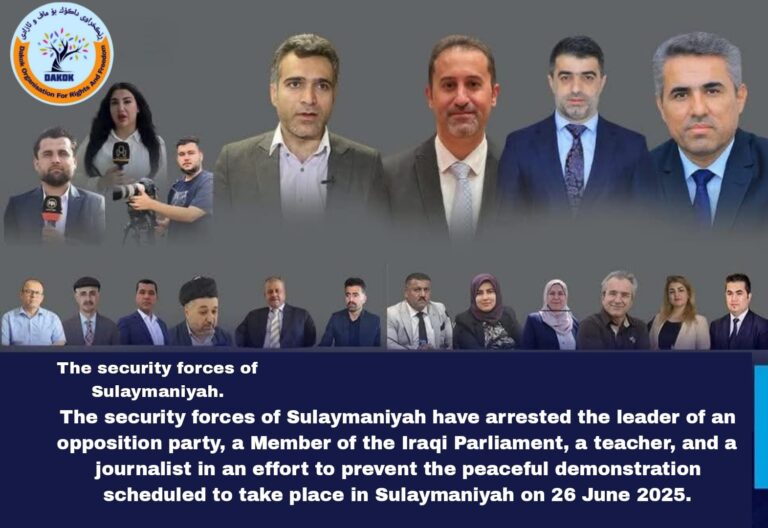
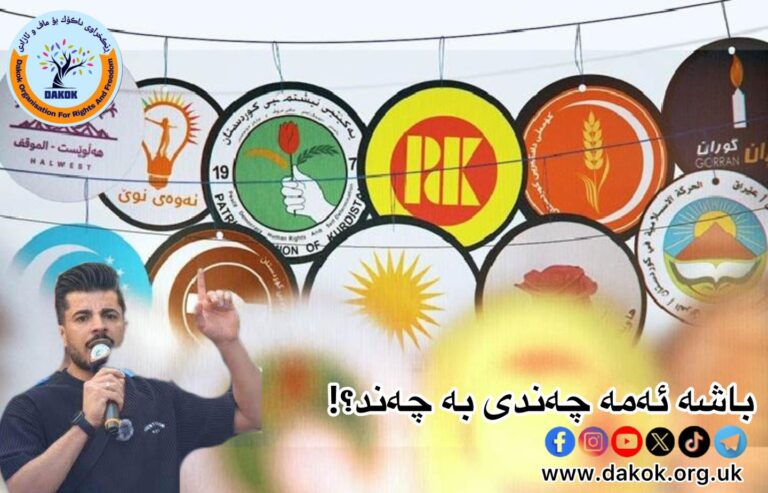
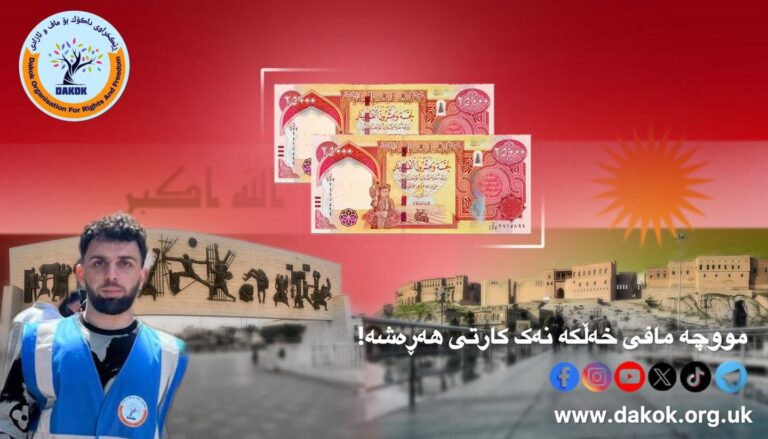
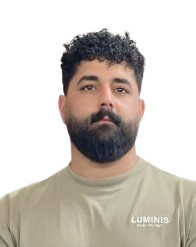
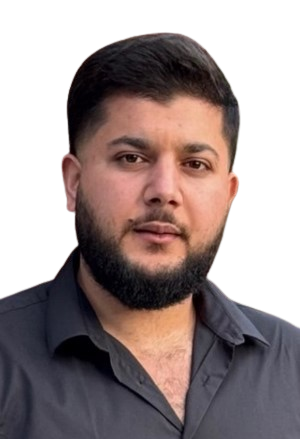
It’s deeply concerning to see how journalists and activists in the Kurdistan Region of Iraq continue to face such severe threats. The unresolved assassinations and targeted violence against those who speak out are alarming. It’s hard to imagine the courage it takes to work in such an environment. Do you think there’s any hope for improvement in the near future? The pattern of suppression seems relentless, and it’s disheartening to see so many voices silenced. How can the international community better support those at risk? I wonder if there’s a way to hold those responsible accountable for these actions. What steps can be taken to ensure the safety of journalists and activists moving forward?